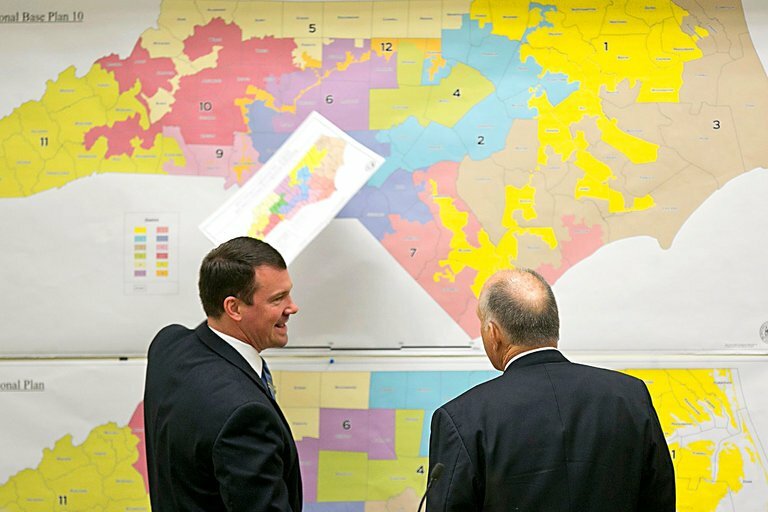China opened its highly vaunted high speed rail connection between Beijing and Shanghai to the public on July 1st, sparking a new round of debate over the direction the US should steer its transportation infrastructure.
Liberals tend to favor the public financing of mass transportation systems, and especially of rail projects, both light and high speed; rosy projections of job production, cost savings and environmental benefits are often tossed around. These proposals almost always have the support of the DOT and of transportation bureaucrats at lower levels of government. Since these folks are presumably experts in the field, this would seem to lend weight to the liberal position.
A recent article by Virginia Postrel offers a different opinion. Recent research which analyzes cross-national has led to some startling figures:
On average, urban and intercity rail projects run over budget by 45 percent, roads by 20 percent, and bridges and tunnels by 34 percent. And the averages tell only part of the story. Rail projects are especially prone to cost underestimation. Seventy-five percent run at least 24 percent over projections, while 25 percent go over budget by at least 60 percent…
Rail-ridership predictions are especially over- optimistic in the U.S., where the average gap between expectations and reality is 60 percent[.]
When you hear people discussing cost and ridership projections for rail projects in the US, you need to remember that these numbers were created by government consultants or contractors with no binding agree to deliver what they promise.
Do the math real quick. ON AVERAGE, the actual per-person cost of these projects is just over 3 times as large as the numbers being used by their proponents.
How, then, are the Chinese able to accomplish such great public works? Their new high speed rail is the envy of governments the world over. Postrel concludes her piece with an answer, citing the same researcher who provided the above data:
Flyvbjerg has been trying for years to get data on project costs in China, to no avail. “Their data are simply not reliable,” he says. He quotes an unidentified Chinese colleague who said, “If the party says there’s no cost overrun, there’s no cost overrun.”No wonder promoters look so longingly at China. There, infrastructure glamour [sic] is the law.


